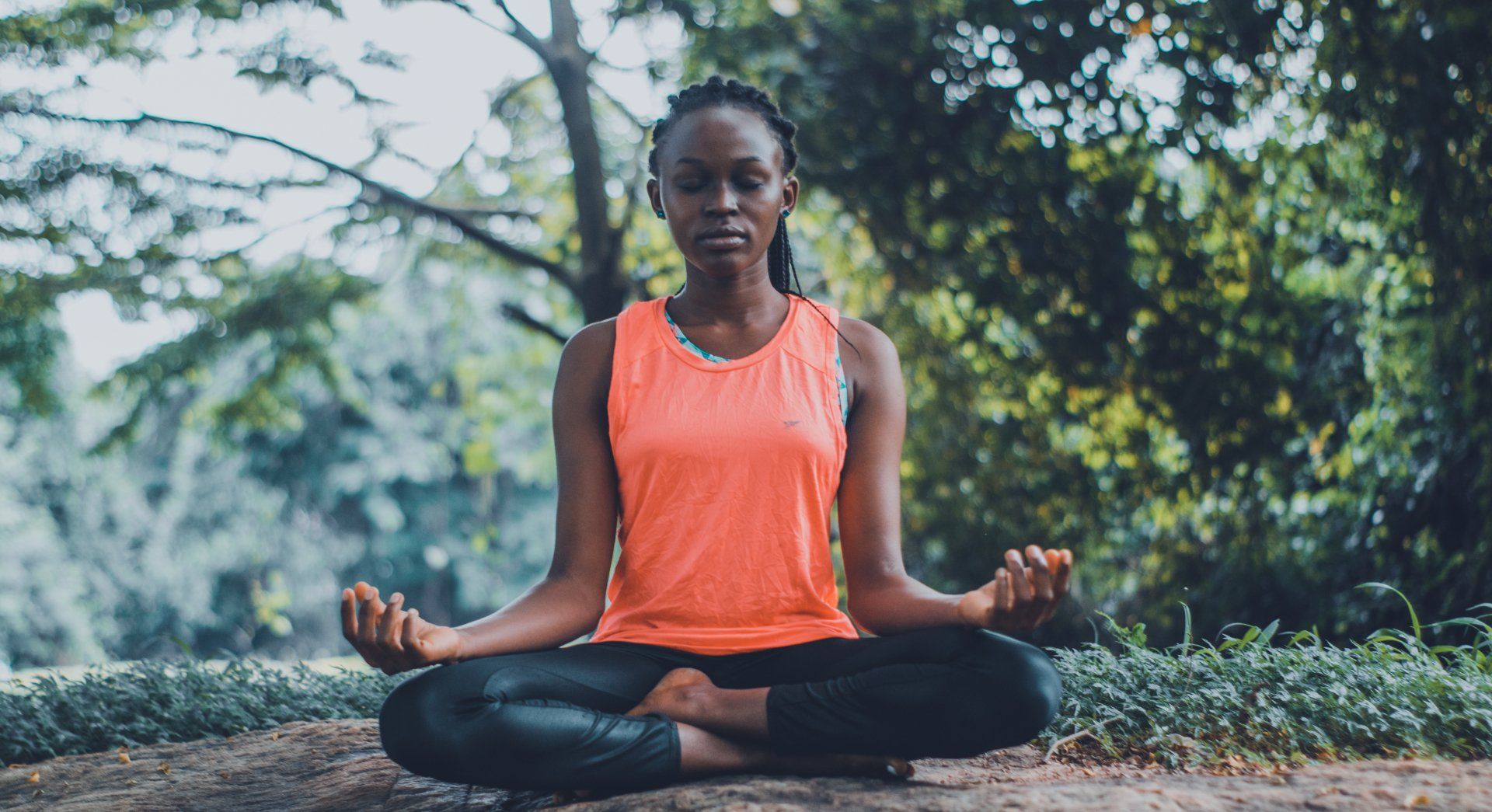Triggering Trigger Points
Muscle knots, also known as trigger points or myofascial trigger points, are tight areas within the muscle fibers that can cause discomfort, pain, and restricted movement. Here are some methods to help relieve muscle knots:
1. Massage:
- Self-Massage: Use your fingers, thumbs, or a massage ball to apply pressure to the knot. Start with gentle pressure and gradually increase as tolerated. Circular or kneading motions may help release tension.
- Professional Massage: A massage therapist can target specific areas, applying various techniques to release muscle knots. Techniques like deep tissue massage or trigger point therapy can be effective.
2. Heat Therapy:
- Apply a heat pack or warm towel to the affected area. Heat helps increase blood flow, relax muscles, and may aid in loosening muscle knots.
3. Cold Therapy:
- Cold packs or ice wrapped in a thin cloth can help reduce inflammation and numb the area. Apply cold therapy for about 15-20 minutes, especially during the first 48 hours of knot formation.
4. Stretching:
- Gentle stretching can help relieve muscle knots. Focus on stretching the muscle where the knot is located. Hold each stretch for at least 15-30 seconds and repeat several times.
5. Foam Rolling:
- Use a foam roller to massage and apply pressure to the affected area. Roll slowly over the knot, focusing on any tight spots. This can help release tension in the muscle.
6. Hydration:
- Dehydration can contribute to muscle tightness. Ensure you are adequately hydrated by drinking enough water throughout the day.
7. Rest and Gentle Movement:
- Allow the affected muscle to rest, but avoid prolonged periods of inactivity. Gentle movement, such as walking or light stretching, can help prevent stiffness.
8. Calcium and Magnesium:
- 2 parts calcium and 1 part magnesium will work as a natural muscle relaxer. Magnesium cream is fantastic as well.
9. Topical Analgesics:
- Use over-the-counter creams or patches containing analgesic ingredients, such as menthol or camphor, to provide relief to the affected area.
10. Hydrotherapy:
-
Alternating between hot and cold water in a shower or bath may help stimulate blood flow and reduce muscle inflammation. Start and end with lukewarm water.
11. Posture Awareness:
-
Poor posture can contribute to muscle knots. Be mindful of your posture, especially if you have a desk job. Practice good ergonomics to prevent muscle tension.
12. Yoga or Tai Chi:
-
Gentle, slow movements in practices like yoga or tai chi can improve flexibility and release muscle tension. Focus on poses or movements that target the affected area.
13. Adequate Sleep:
-
Ensure you are getting enough quality sleep. Lack of sleep can contribute to muscle tension and make it harder for your body to recover.
14. Stress Management:
-
Practice stress-reduction techniques such as deep breathing, meditation, or mindfulness, as stress can contribute to muscle tension.
15. Professional Help:
-
If muscle knots persist or are causing severe pain, consider seeking help from a healthcare professional, such as a physical therapist, chiropractor, or sports medicine specialist.
Remember that everyone's body responds differently, so it may take some trial and error to find the most effective methods for relieving your muscle knots. If the knots persist or worsen, it's advisable to consult with our office for a thorough assessment and personalized treatment plan.
At Eaton Chiropractic we look at your body and your life as a whole. If you have a friend, family member or coworker who is looking to truly elevate their health have them give the team a call at 770-429-9733 for an initial consultation done at our expense. We are in network with all insurance, including Medicare and Kaiser.
SHARE THIS POST:
Leave a Comment:
Recent Articles:






Revitalize Your Health Now!
Take the first step towards a vibrant life. Schedule your consultation today and let Eaton Chiropractic transform your well-being. Your journey to health starts here!





